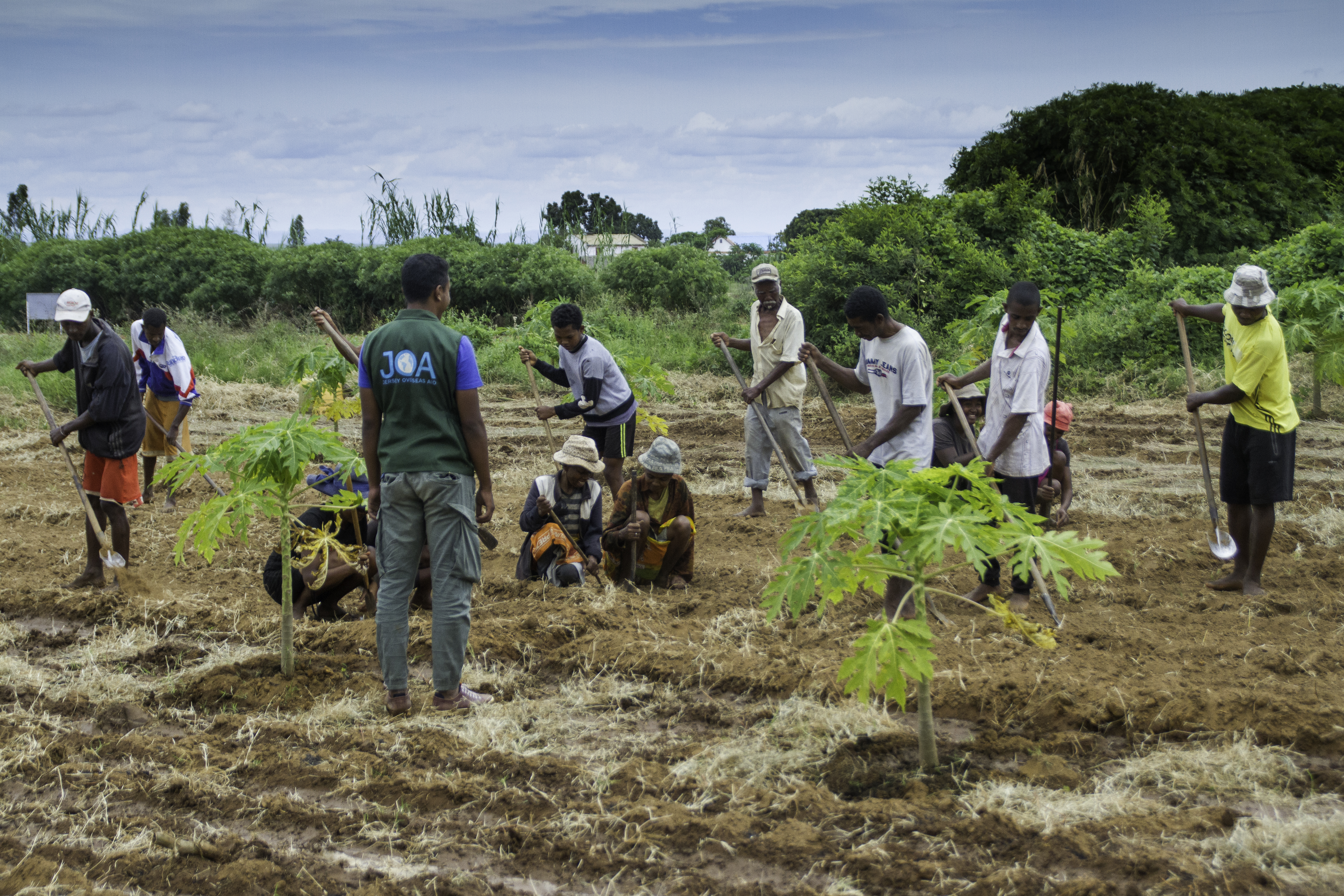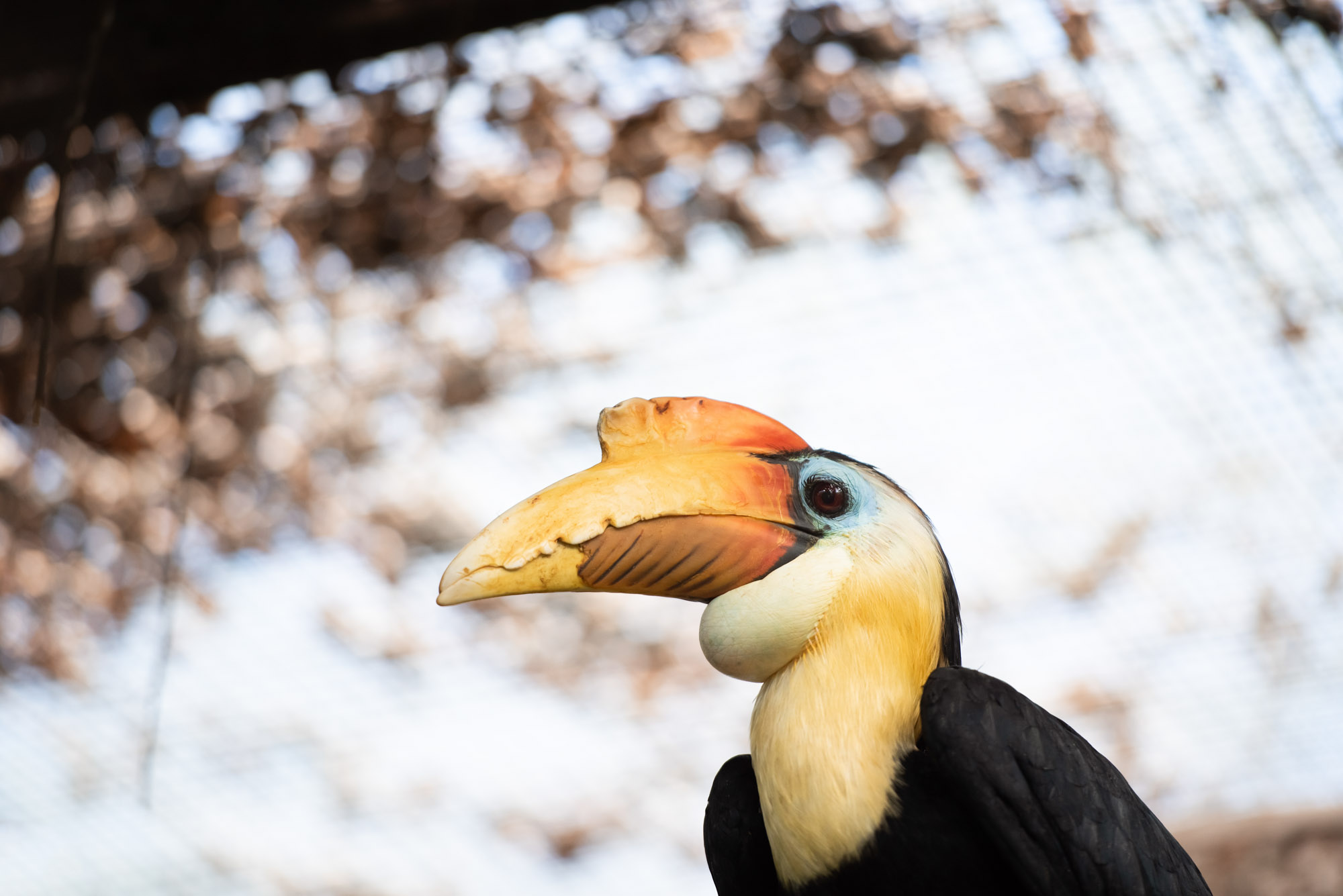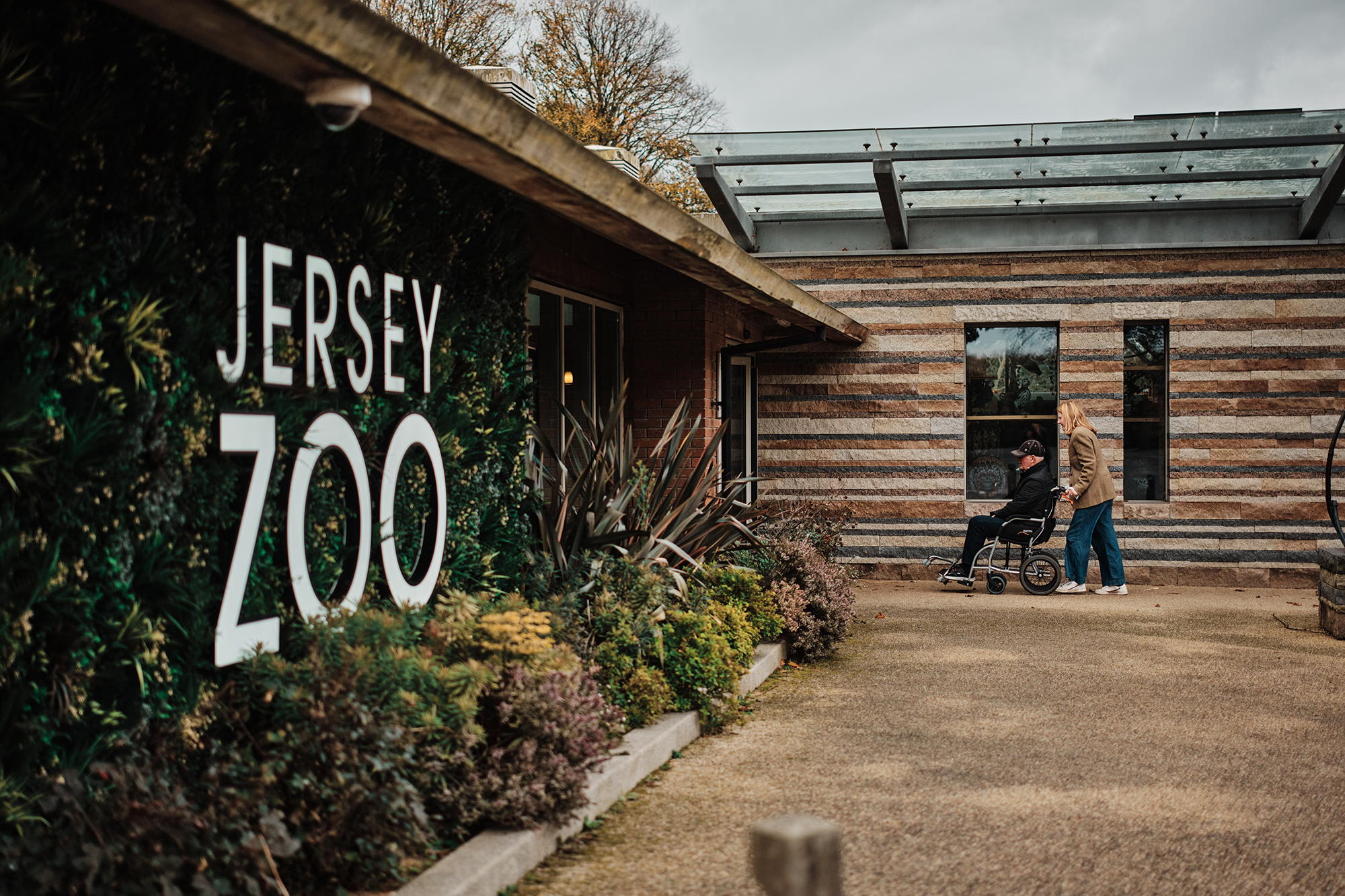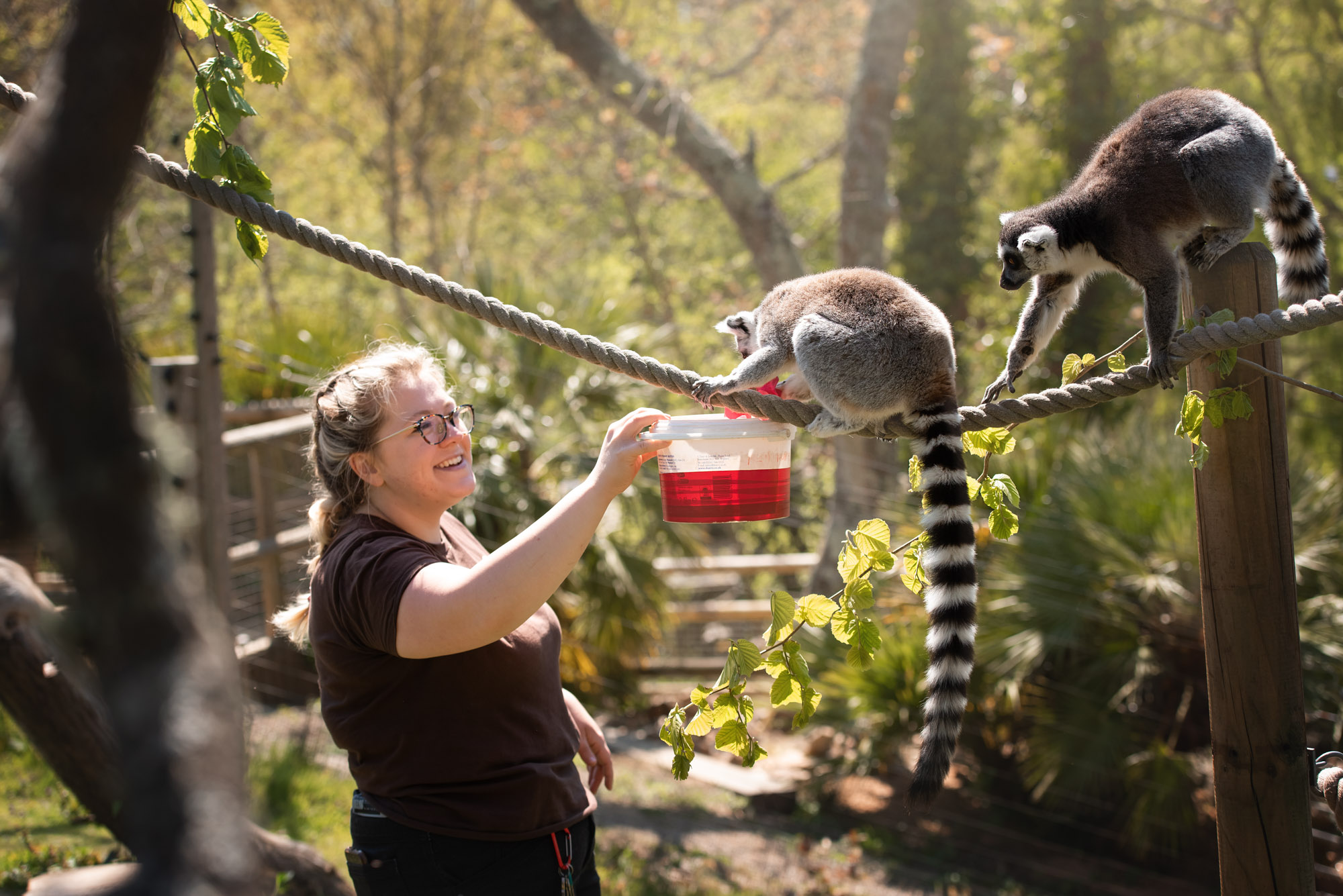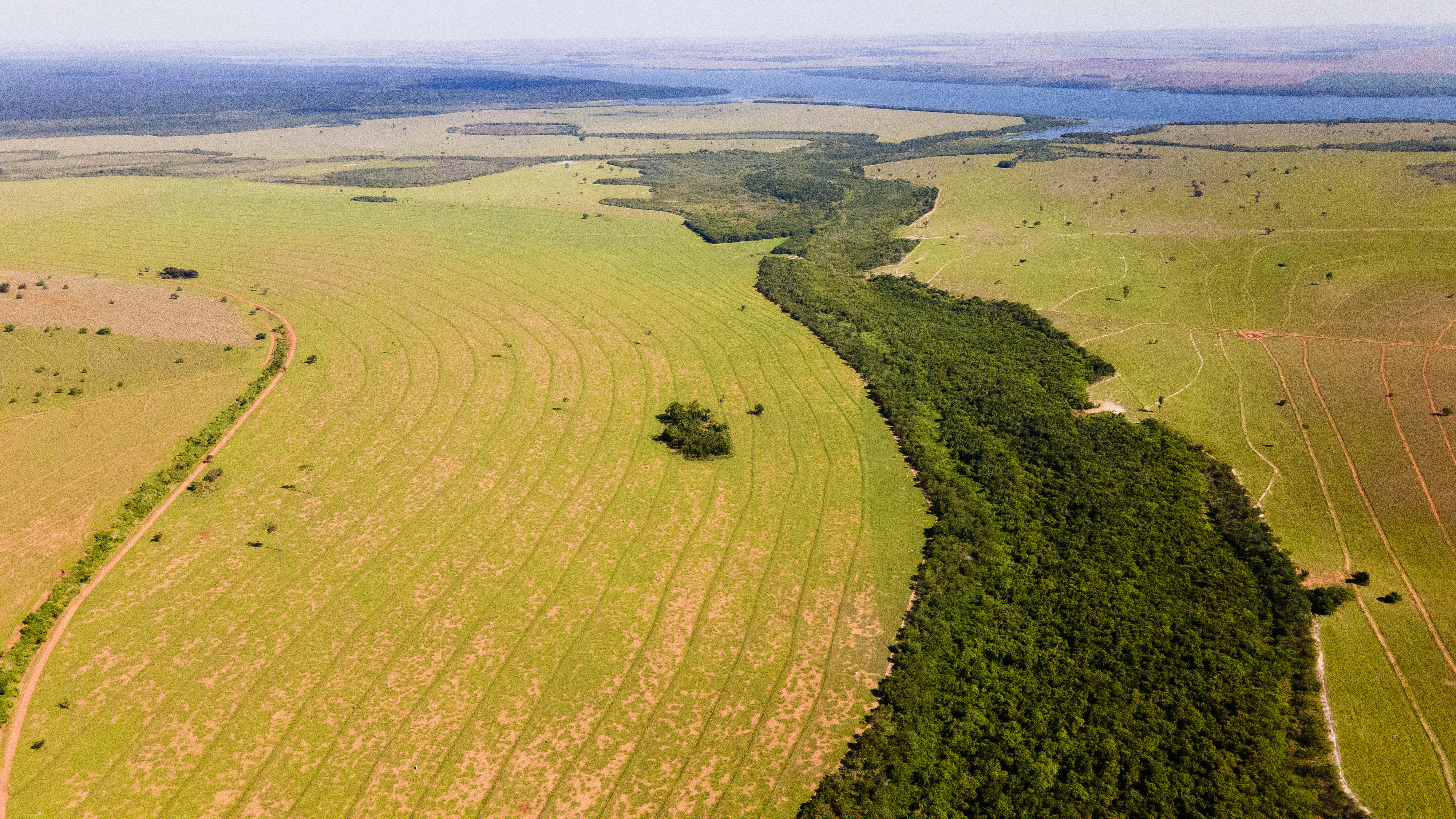Biodiversity Conservation and Rural Livelihoods: A Shared Future
25 November 2023
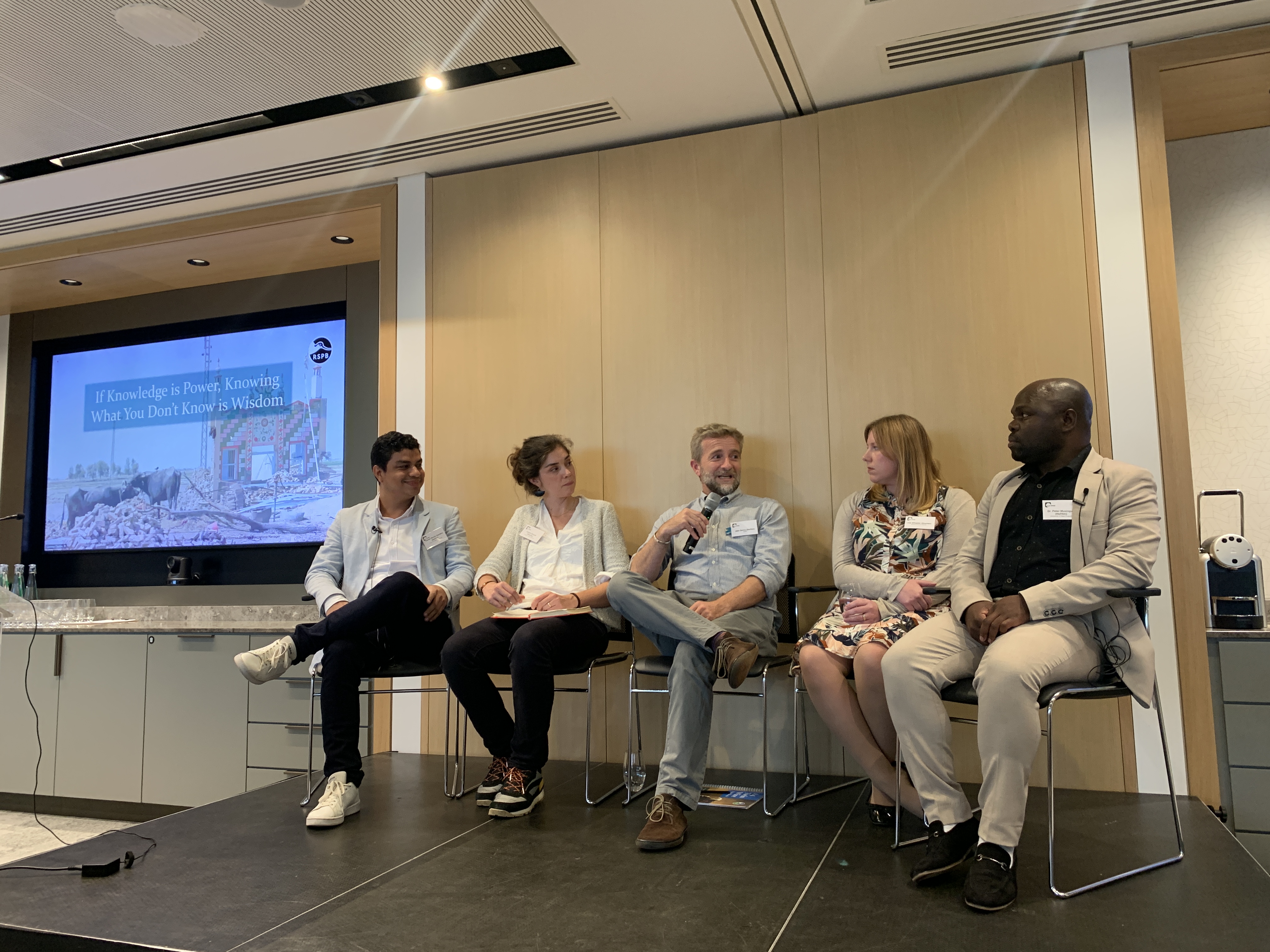
For their first jointly hosted and in-person conference, Durrell and Jersey Overseas Aid (JOA) brought together conservation and international development experts to discuss how conservation and environmental preservation can help eradicate poverty.
The planet is facing significant challenges that are intrinsically linked – poverty and inequality, climate change and biodiversity loss. Sustainable and integrated solutions need to be found to solve these issues.
More than 90 practitioners, donors and academics attended the conference in London in October to discuss how they can tackle these pressing, interwoven issues collaboratively.
The conference was a forum for meaningful dialogue and collaboration, inspiring a collective commitment to safeguard the environment through support for the livelihoods and well-being of local communities and vice versa. The event showcased the urgency of addressing conservation challenges and highlighted the crucial role of partnerships, innovation, and data-driven decision-making in advancing global conservation efforts.
How people use and care for nature affects the global economy, livelihoods, and even survival. More than half of the world's money depends on nature, and nearly two-thirds of the poorest people rely on nature for their food, jobs, and safety. Unfortunately, we are damaging the environment with harmful farming and industrial practices, which are causing damage to natural systems.
Farms are becoming less productive, fish are overfished, and species and habitats are being lost. These problems make life more challenging for the world's poorest people and harm the environment on which their livelihoods and quality of life depend. From forest honey production in Afromontane rainforests in Ethiopia to wild cocoa cultivation in Sierra Leone, attendees discovered how environmental conservation can go hand in hand with economically viable livelihood opportunities.
Dr Leslie Dickie, CEO of Durrell, who spoke at the conference, said: "Conservation and the natural world is clearly not solely about species and habitats. It's about places, communities, cultures, politics. The old models of so-called 'fortress conservation' cannot work today. We live in a crowded world, and conservation has to benefit us all – the ‘shared future’ in the title of this conference. And no more so than the communities whose daily lives are at the sharp end of climate change and sustainability, food security and habitat loss."
Jersey's Minister for International Development, Deputy Carolyn Labey, who was in London to open the conference, said: "We see conservation as a vitally important tool for achieving poverty reduction and social justice, echoing the Sustainable Development Goals (SDGs) advocated by the United Nations. Like all of us, the world's poorest rely directly on natural resources and ecosystem services for food, fresh water, energy, natural disaster protection, well-being, and livelihoods. Degradation of ecosystems and the environment directly compromise this access."
"The amalgamation of conservation and development objectives is an exhilarating endeavour. While the relationship between conservation and development is incredibly complex, JOA believes it is critical that we take an integrated perspective to meet this essential requirement for sustainable development," she added.
Bibek Raj Shrestha from River Dolphin Trust, Nepal, who attended the conference, said: "I met and made some promising connections during the meeting and, hopefully, it will take a collaborative and meaningful connection in the future to join hands for the common goal of preserving nature and sustaining livelihoods. This meeting was a first of a kind as I am more used to meeting people of similar niches. This interdisciplinary event helped me to explore the intricate relationship between conservation and livelihoods with examples, experiences, successes, and learnings from around the globe."
JOA launched its Conservation Livelihoods thematic funding programme and since then, through its partnerships, has catalysed sustainable change for over 135,000 people living across a range of key ecosystems, including afro-alpine forest, riverine forest, and wetlands.
Durrell’s long-term partnership with JOA saw a five-year programme, Enabling Change, launch in Madagascar in 2018. The programme reached around 28,000 people in 20 communities across three regions.
This year the charity’s brand-new five-year programme was launched, with continued support from JOA. The new scaled-up programme is named VAtsy Loharano lombonana HAmpandrosoana (VALIHA), which means “Resources for the wellbeing of people and nature to achieve development” in Malagasy. VALIHA focuses on five pillars: improving food security, improving financial independence, strengthening locally led governance, enhancing community health, and restoring ecosystem services and reducing threats to species.
Under VALIHA, the organisations will reach an extra 10,000 people in 18 additional communities across the three regions, whilst continuing to support 14,000 people involved in Enabling Change.
The Conservation Livelihoods conference was a forum for meaningful dialogue and collaboration, inspiring a collective commitment to safeguard the environment while supporting local communities. The event showcased the urgency of addressing conservation challenges. It highlighted the crucial role of partnerships, innovation, and data-driven decision-making in advancing global conservation efforts that will contribute towards reducing poverty and inequality.
The conference had representation from across the world, with travel bursaries enabling individuals to travel from countries like Rwanda, Madagascar, the Democratic Republic of the Congo, Malawi, Ghana, and Nepal. Travel to and from the conference was offset through a financial contribution to Rewild Carbon. A huge thank you to DLA Piper for their generous support and Ports of Jersey for contributing to the travel bursaries.
